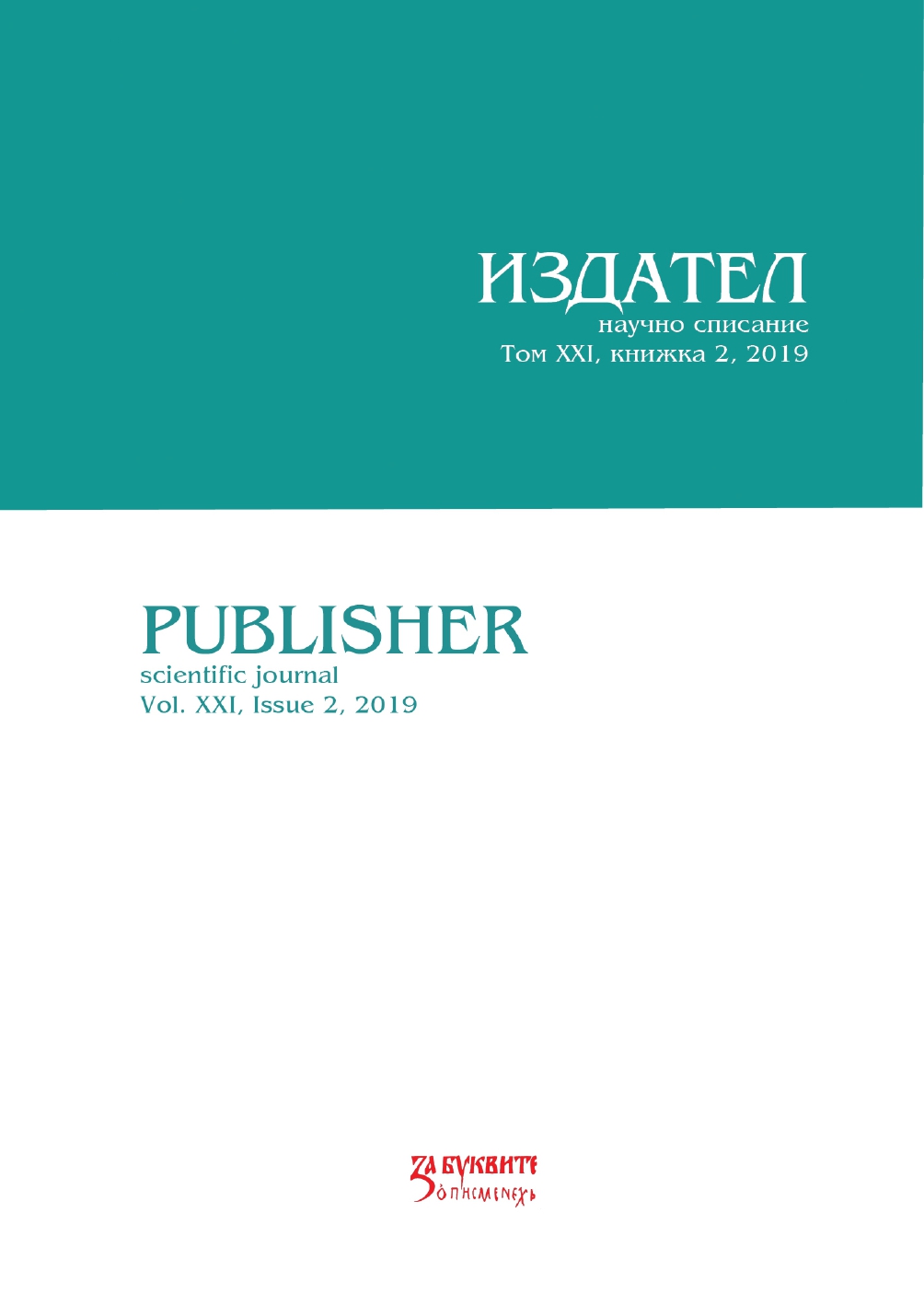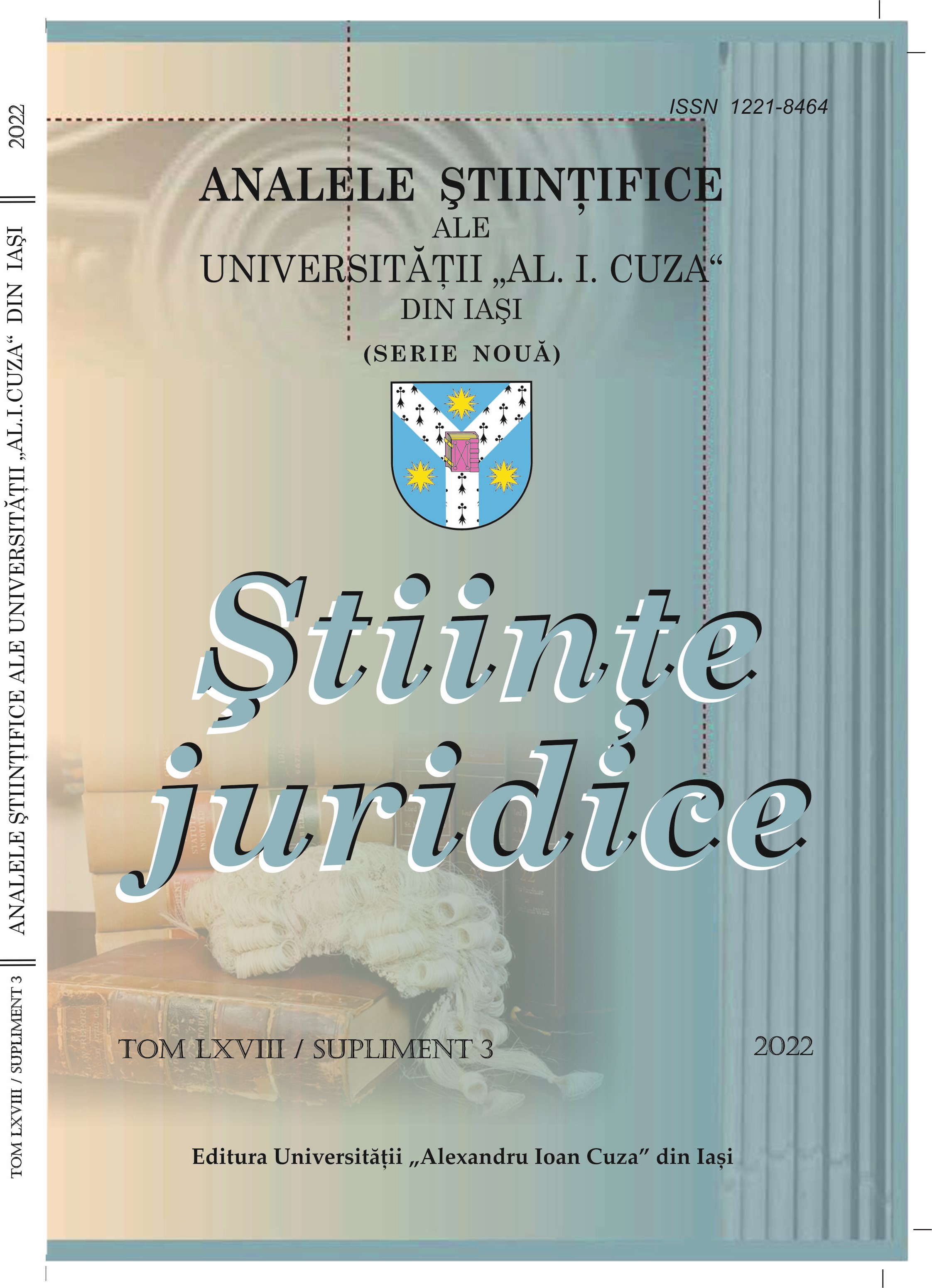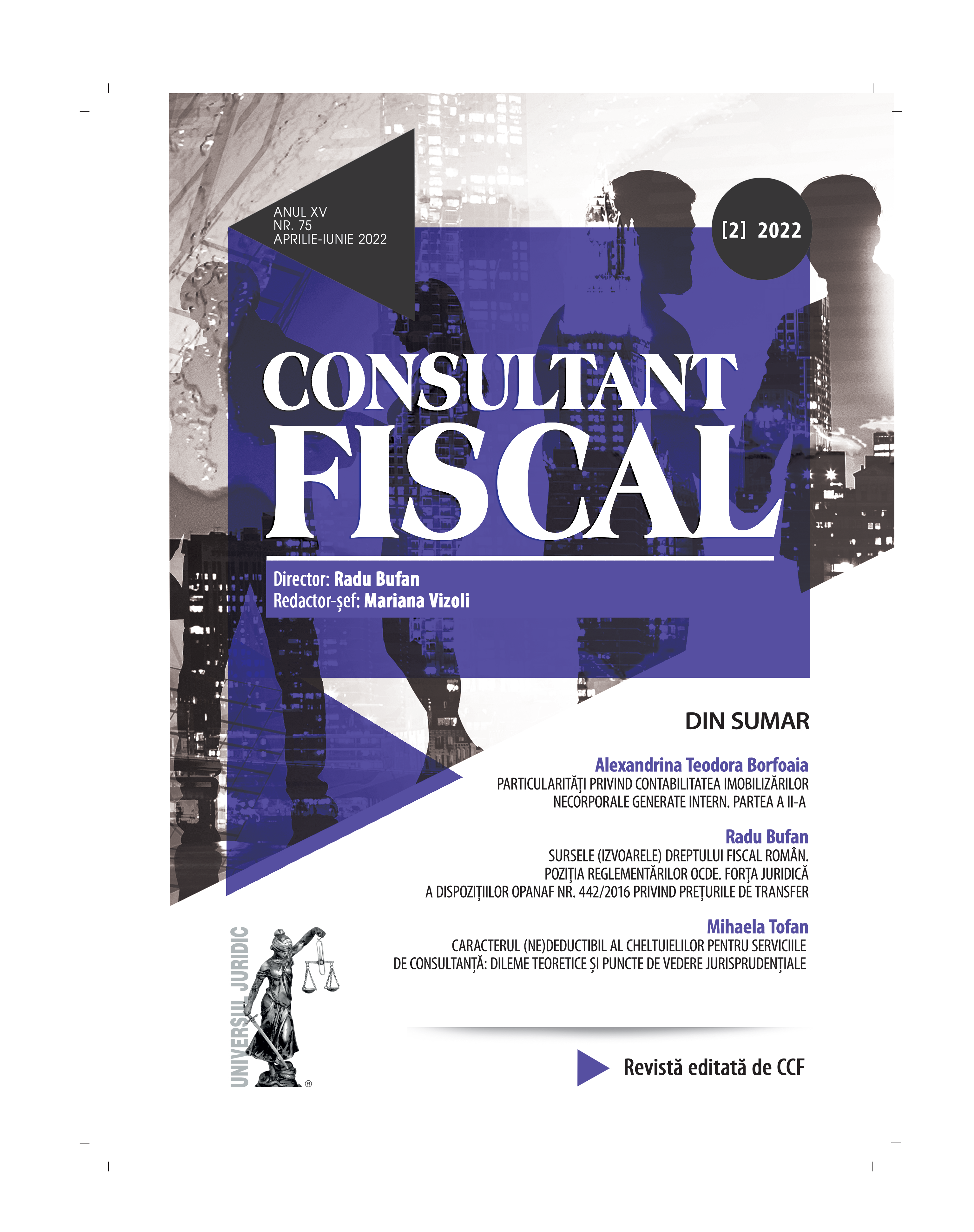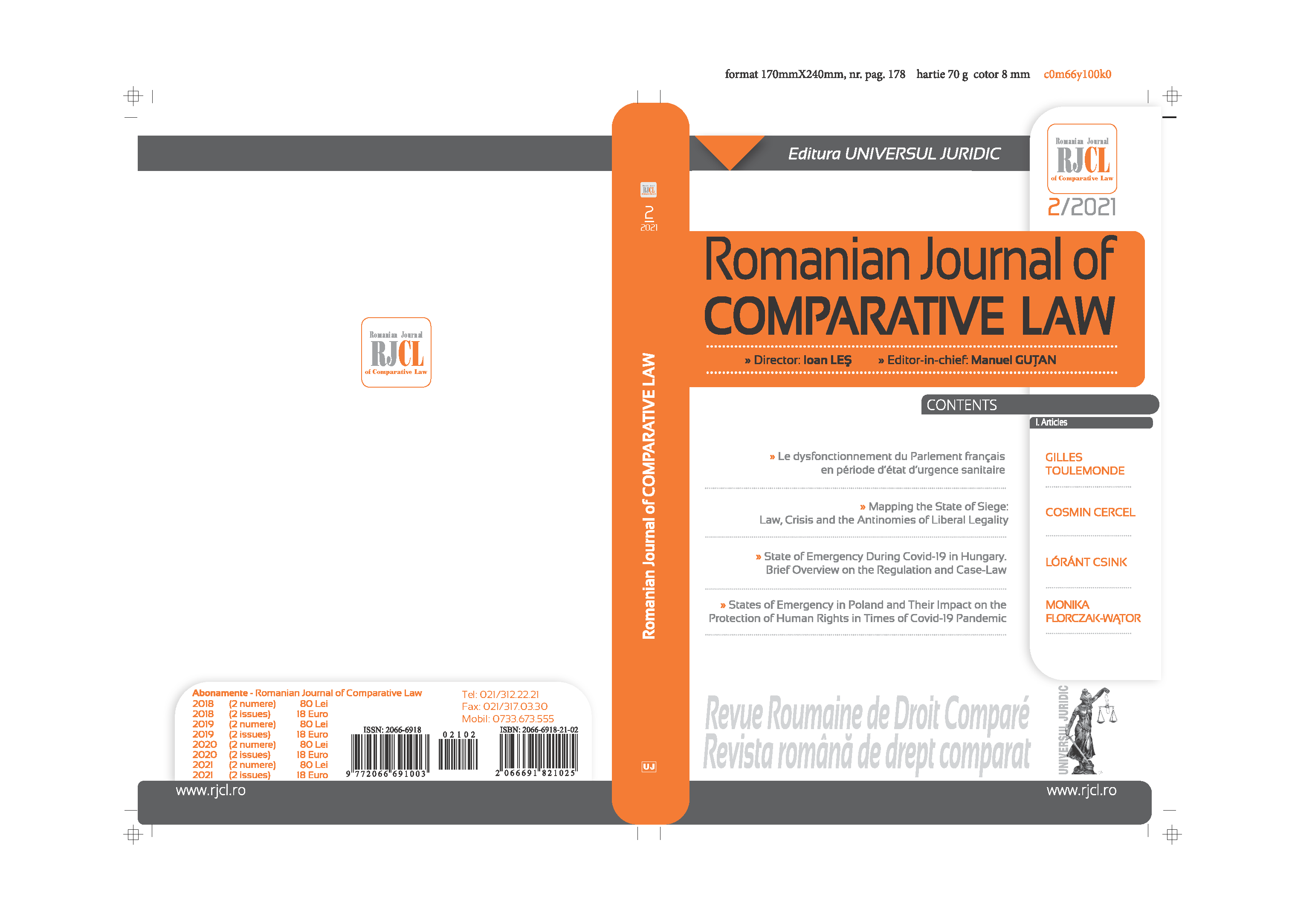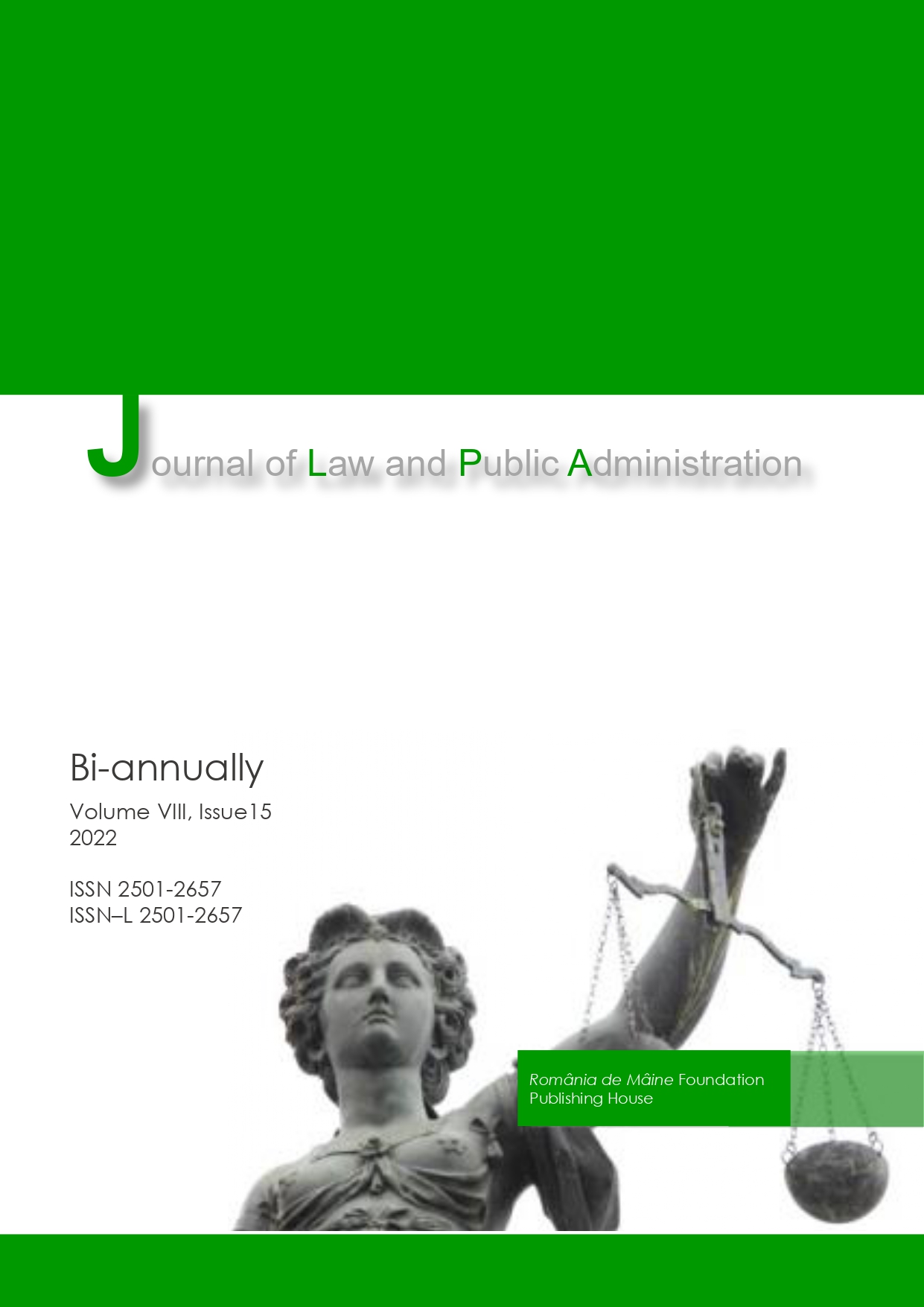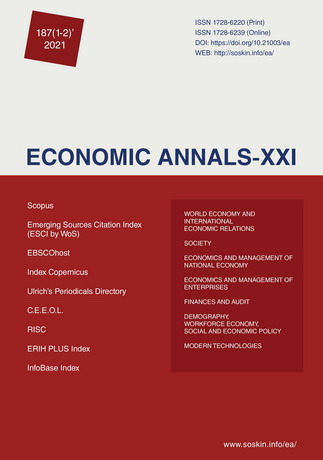
Transformations of contemporary terrorism in view of legal, economic and sociocultural issues
The paper presents an analysis of network terrorism in its retrospective and within the practices of contemporary transformations. The risks of expansion of terrorist movements into the territory of particular states with their subsequent legitimization have been identified with regard to social consciousness, law and economy. Within the network structure of the contemporary international terrorism, which formed continuous mutations, the so-called «terrorist clusters» have taken shape, with the Middle Eastern, the North African and others among them. Centrally-managed terrorist organizations of the past were succeeded by transnational structures within the framework of a consolidated ideological, political and religious trend of conducting terrorist attacks in any part of the world. Namely, the segmented, polycentric, ideologically integrated network is currently the most prevalent and dangerous model of international terrorism while the networking principle of organization of terrorist activity remains the most effective in asymmetric confrontation with the adversaries. The transformation of terrorism in the 21st century is presented within 3 perspectives of the social being - law, economy and morals. For instance, an approach to legal treatment of manifestations of terrorism has changed dramatically. In the international law there has occurred a definitive extrapolation of the notion of crime against humanity, mainstreamed by the Nuremberg trials, to terrorist activities. Regardless of under which guise and for which purposes these crimes are being committed, they have acquired an explicit denomination as an absolute evil that implies no justification or extenuating circumstances. This standpoint is expressed in numerous international documents including the United Nations Security Council resolutions and international conventions, not to mention various national-level documents. At the same time, the severity of counterterrorism laws and international legal norms adopted by different states is often disrupted due to their inconsistency that complicates considerably the counter-terrorist activity at all levels. The sociocultural aspect of the transformation of terrorism is being investigated in the context of the confrontation between two world views - the western and the eastern (Islamic). For radical adherents of the Radicalization is occurring in hybrid living environments that include the elements of both online and offline human experience. This antagonism is currently transforming from its mentality from into the instrumental form increasingly acquiring an artificial, hybrid nature. Studies of «mutations» of terrorism with regard to economic issues have focused upon such factors of the neoliberal globalization as social injustice, urbanization and revival of colonial traditions. In recent decades the world has faced a new threat: use of counter-terrorism to justify transnational interventions into underdeveloped and unstable countries. In this way, there occurs a process of disguising the novel practices of colonization which in fact constitute the state terrorism. The scope and the forms of state terrorism vary from political and economic pressure upon the weakest of state entities to explicit use of armed violence. Within the legal environment it has become common to employ the practices of countries charging members its own population with terrorism as a tool for destabilizing the undesirable political movements as well as escalating sectarian and ethnic confrontations for the purpose of economic gains. The authors have investigated the novel trends in the financing of terrorism, particularly within the context of challenges of the post-pandemic world and have substantiated a complex approach to combating this evil suggesting its foundation to consist not in the force counteraction as is presently common, but in solving moral, socio-economic and legal contradictions within societies which may potentially become hotbeds of the terrorist threat.
More...
